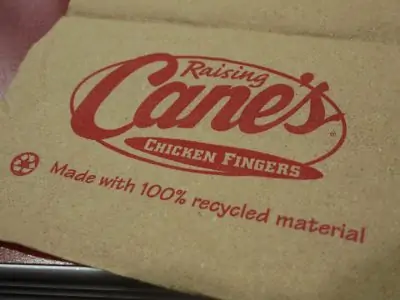 Work overtime and you quickly discover it’s a mixed bag: You earn time-and-a-half or more, but it usually means you’re putting in more time or otherwise inconveniencing yourself, which puts you at risk of burning out.
Work overtime and you quickly discover it’s a mixed bag: You earn time-and-a-half or more, but it usually means you’re putting in more time or otherwise inconveniencing yourself, which puts you at risk of burning out.
Whether it makes sense to say “yes” to overtime really depends on whether you need more money for a one-time thing or on an ongoing basis.
If you’re trying to save up for a down payment on a home, working overtime might work, assuming you stop once you reach your goal.
However, if you need more money to put away money for your children’s college tuition, you would be better off looking for a higher-paying job or even be moonlighting.
Try Other Things
You might also try selling things you’re not using, although you’d have to hawk a lot of stuff if you’re trying to raise fund for a down payment.
You might consider starting a business but it probably won’t give you more money as quickly as you might need it.
A good rule of thumb: Expect to spend six months to two years building up a new business before you make enough money.
The Best Overtime
The best kind of overtime situation is one in which you simply work a different shift than you currently do —
so you qualify for that higher pay rate without having to increase your hours. 
If for instance, you move from a daytime shift to graveyard shift, you might maintain the exact same number of hours on the clock but because you sign on at night you’d make time-and-a-half.
Then you might avert burnout, except that you’d still be tired all the time. Although you can make yourself adjust to a new sleep schedule to work a graveyard shift, if you return to your regular habits on your days off, then you’ll be tired most days of the week. Too much fluctuation in the timing of sleep can have negative health consequences over the long run.
You might not have to deprive yourself of sleep if you’re willing to work on holidays like Christmas and New Year’s — but then you’re working when most people aren’t.
Either way, working overtime has its pluses and minuses. It’s not for everyone, so you’ll want to weigh the pros and cons before diving in.
Readers, have you contemplated working overtime to get more money — perhaps for the holidays?
Jackie Cohen is an award winning financial journalist turned turned financial advisor obsessed with climate change risk, data and business. Jackie holds a B.A. Degree from Macalester College and an M.A. in English from Claremont Graduate University. When she’s not working, you’ll find her geeking on out on insurance and reading about personal finance or the environment.






